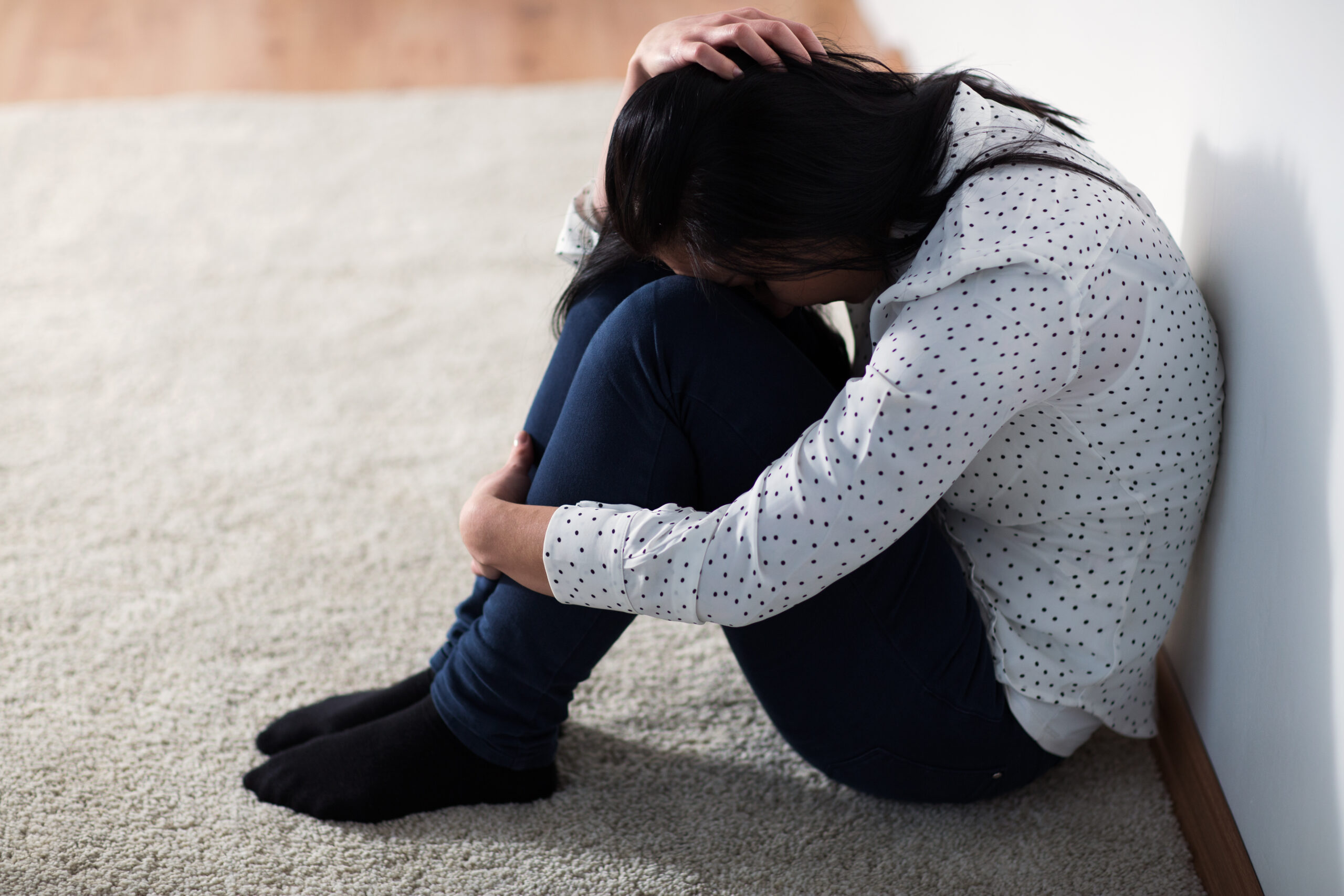What is the Violence Against Women Act?
Many women and girls move to the United States in search of greener pastures because of the poor conditions they have in their countries. Unfortunately, they become exposed to domestic violence, workforce exploitation, and human trafficking. The law protects these immigrants to ensure they don’t continue suffering and can live peacefully in the U.S.
The Violence Against Women Act (VAWA) is one of the protections passed by Congress in 1994. A skilled immigration attorney in San Jose can help you fight deportation and become a permanent resident if you’re an immigrant and a victim of domestic violence. Your lawyer can evaluate if you can apply for a green card separate from your abuser through VAWA.
What Are the Eligibility Requirements for a VAWA Green Card?
VAWA and its subsequent authorizations provide non-citizens who have been abused the ability to file a green card petition independently. They can do so without letting the abuser (U.S. citizen relative or lawful permanent resident (LPR) relative) know, as they don’t need their consent or participation in the immigration process.

VAWA applies to both male and female petitioners. Eligibility depends on whether you’re the spouse, parent, or child of a U.S. permanent resident or citizen. You must meet the following requirements to qualify for a VAWA-based green card and an experienced VAWA attorney in San Jose can help you.
The Abuser Must Be or Must Have Been a U.S. Citizen or Lawful Permanent Resident
Your qualifying relative must have been a U.S. citizen or a Lawful Permanent Resident when the abuse happened.
Additionally, you can file a petition under VAWA even if the abuser loses their permanent residence or citizenship. If you’re filing based on domestic violence, ensure you file petition I-360 within two years of the abuser losing their status.
There Must be a Qualifying Relationship Between You and the U.S Citizen or Lawful Permanent Resident
You also must prove a qualifying relationship with your abuser, who is a U.S. citizen or lawful permanent resident. The law recognizes three qualifying relationships:
Spouse of the Abusive Citizen or LPR
To qualify under this relationship, you must show you entered a bonafide marriage with a U.S. citizen or LPR. You also must prove that you intended to establish a life together when entering the marriage. If you entered the marriage solely for immigration benefits, your union would not qualify as a good-faith marriage.

If you’re not currently married to the abuser, you may still qualify for VAWA. You must show that the marriage ended within the last two years before your VAWA application. Your marriage must also have ended because of abuse from your spouse.
Child to the Abuser
You may qualify for VAWA if you’re the abused child of a U.S. citizen or LPR. You must prove a parent/child relationship with the abusive parent.
Parent of the Abusive Citizen or LPR
You may also qualify for VAWA if you’re the abused parent of a U.S. citizen or LPR. You must prove that the abuser is your child and they’re at least 21 years old. Your VAWA lawyer in San Jose can provide legal advice and counsel about the legal documents you must provide to prove these elements.
Residence Requirement
Under the residence requirement, you must show that:
- You reside in the U.S. at the time of filing the VAWA petition. If you don’t live in the U.S. at the time of filing the petition, you must show that your relative abuser subjected you to extreme battery or cruelty in the U.S. Alternatively, they must be an employee of the U.S. government or a member of the uniformed services.
- You must have lived in the same residence with the U.S. citizen or LPR at some point.
Abuse or Battery Occurred During the Relationship
The law requires you to show that you were subjected to extreme cruelty by your family member or relative, a U.S. citizen, or LPR. Examples of battery include sexual abuse and physical violence. Extreme cruelty entails controlling behaviors, emotional abuse, forcible detention, and threats to harm or deport you.
The list is not exhaustive, and you can talk to VAWA lawyers in San Jose if the abuser subjected you to a different kind of abuse not listed here. Remember, the USCIS will consider the totality of the circumstances when deciding whether yours is a case of battery or extreme cruelty.
You Must Be a Person of Good Moral Conduct
You can only qualify for relief under VAWA if you have been of good moral character for at least the past three years. Some things that could prevent you from showing good moral character include the following:
- Illegal gambling
- Being a habitual drunkard
- A criminal history
- Harming others
- Lying under oath
- Having committed marriage fraud in the past

If you have a history that could disqualify you from being considered a person of good moral conduct, talk to an immigration lawyer in San Jose. They can help you fight for the most favorable outcome despite past mistakes.
An Experienced Immigration Lawyer Helping You with Your VAWA Application
If you’re considering applying for VAWA, hiring an experienced VAWA attorney is in your best interest. They can play a crucial role in helping you prove your case and obtain a visa. An abusive relationship can be isolating; you don’t have to go through the petition alone.
Our law firm supports immigrants exposed to domestic abuse in San Jose, CA. In addition to providing immigration support, we are also seasoned in the paperwork and process of obtaining a VAWA green card. Remember the process is highly confidential, and we can check to ensure the abuser is not tracking you. Call Sadri Law PC at 408-402-4967 today for a case evaluation.





